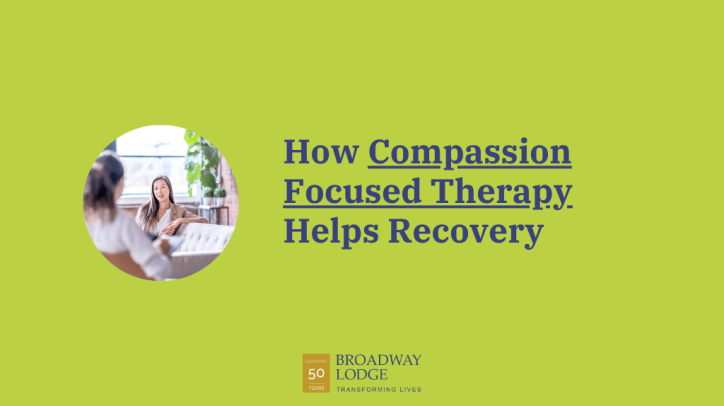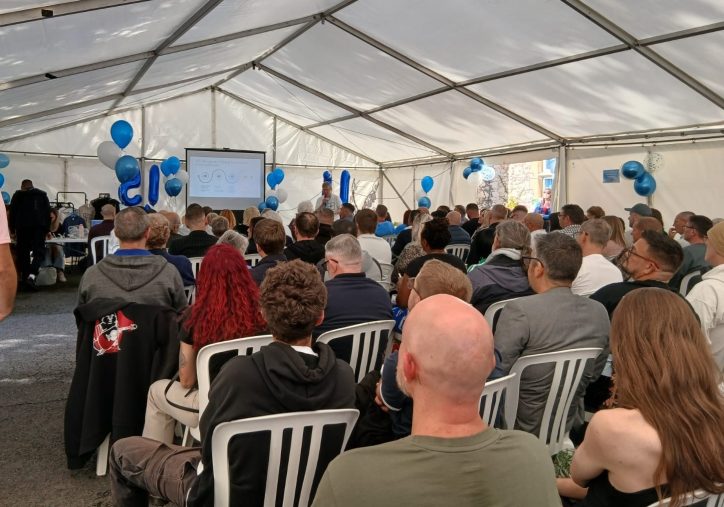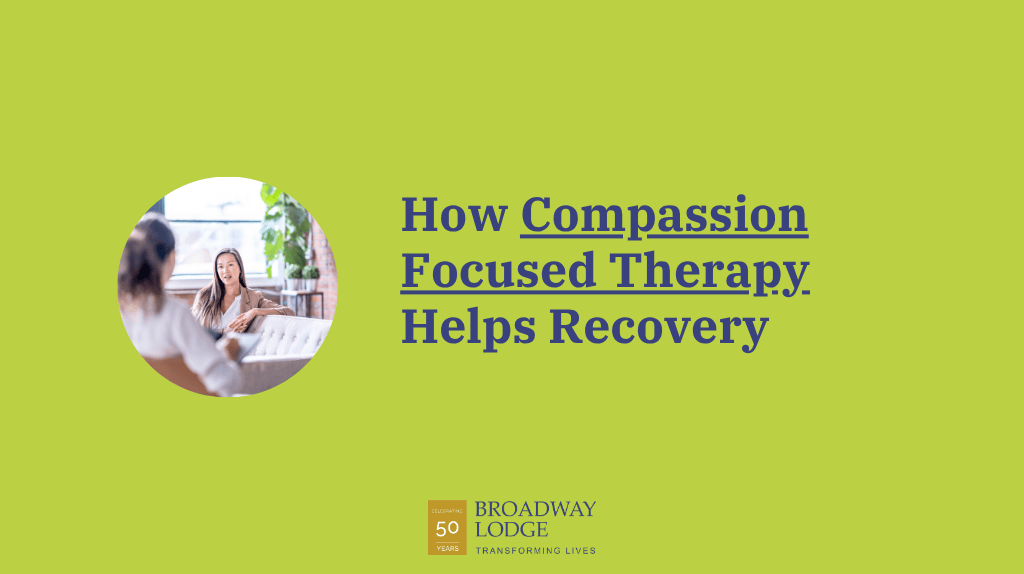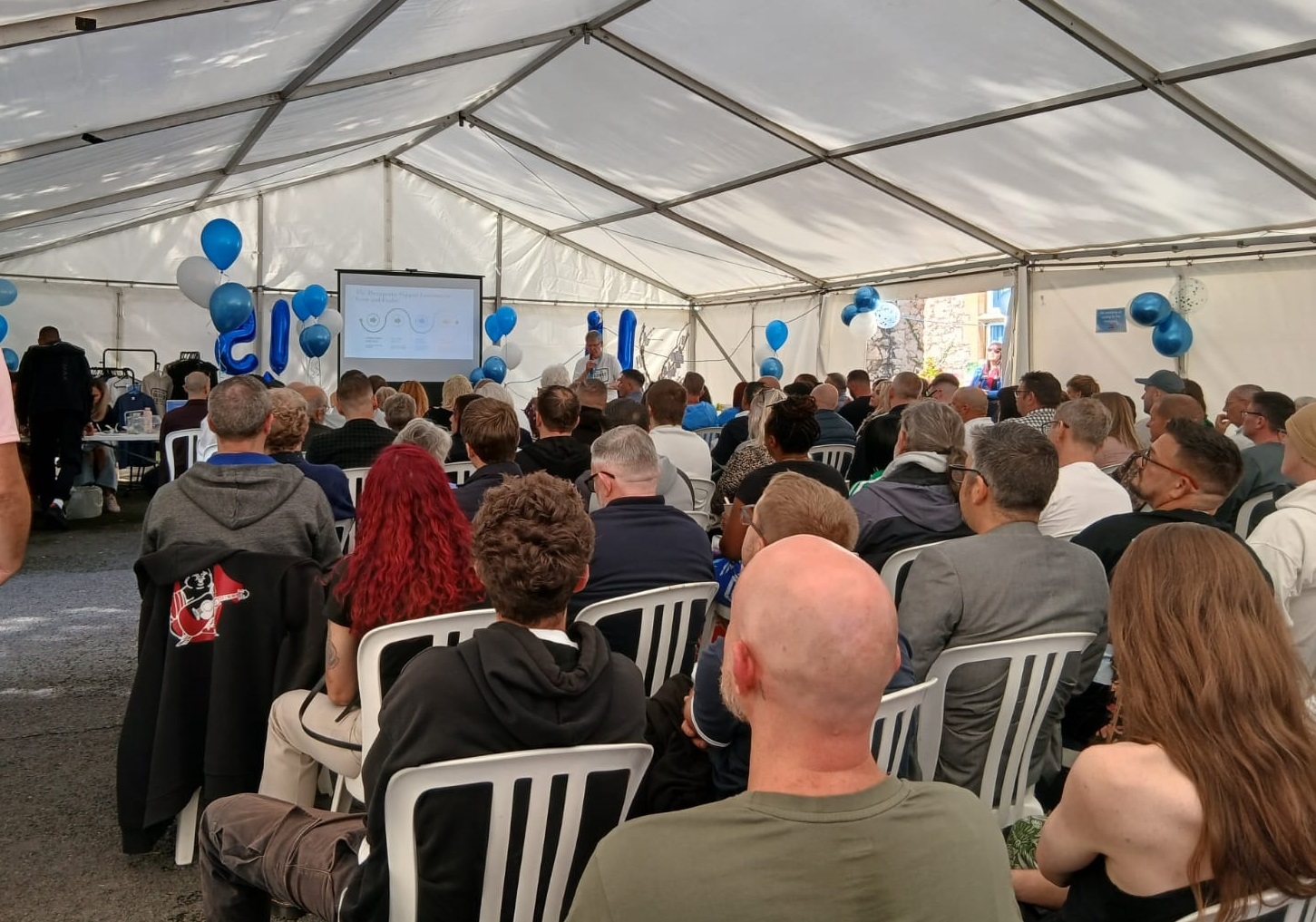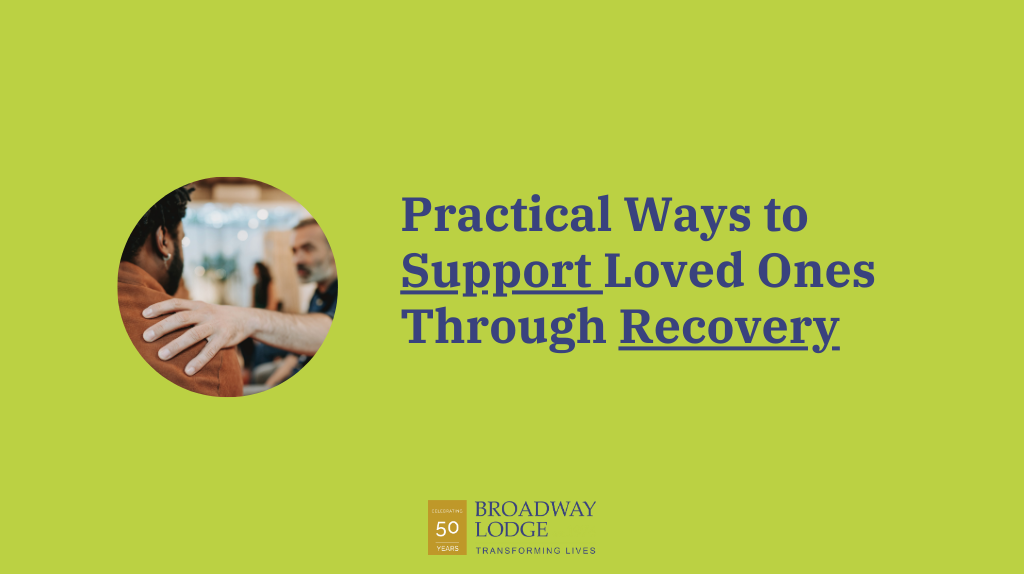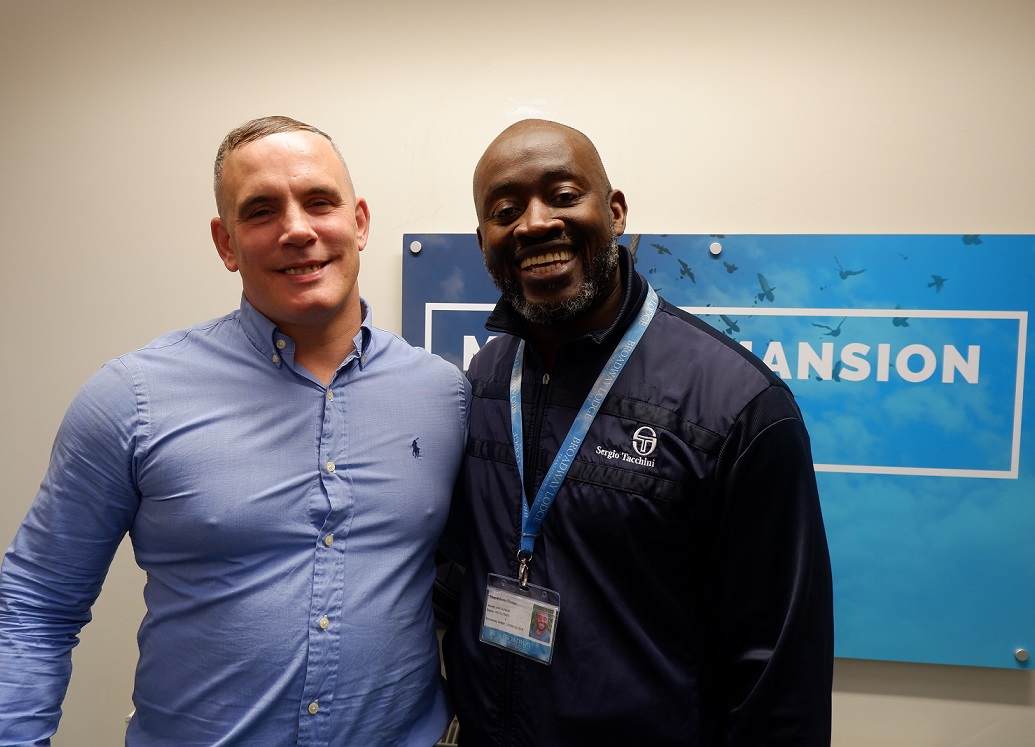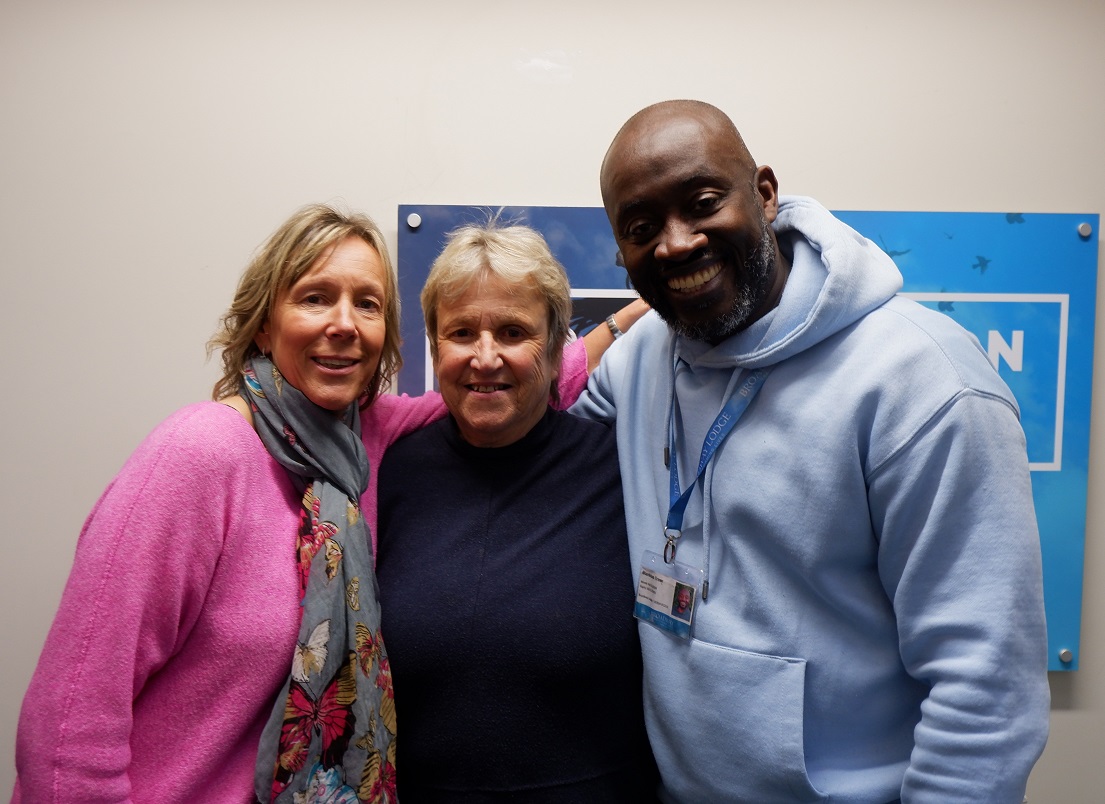Written by Markkus Trew, Head of Treatment & Counselling
Imagine this.
Imagine if people with addiction were able to walk into a GP surgery and ask for help, be triaged, assessed, diagnosed and treated with the same compassion, sympathy and understanding as somebody suffering from cancer, heart disease or a stroke. Imagine if there were the same funding in place to support addiction in the same way cancer or heart disease is supported and you could walk into your GP and have the same kind of assessments and referral to the NHS that you would have for any other health issue. Just try to imagine how wonderful it would be for those suffering from addiction because addiction is a health issue; make no mistake about that. Addiction affects physical, mental, spiritual and emotional health and wellbeing yet it is criminalised and demonised. People are treated for the cancers they get as a result of smoking, another addiction over which the addict has no choice, yet other manifestations of addiction are criminalised and demonised.
Then we must ask ourselves why addiction is treated as a criminal offence rather than a health issue?
Several US states have recently decided to legalise medical and recreational marijuana. Along the same lines the consciousness of the general population appears to be moving towards being in favour of decriminalising drug use in general. Therefore, many people in the US have begun to consider the impact these changes might have on individuals, communities, and their overall culture. Some compare the change in perception of drug addiction to the end of prohibition in the 1930s. However, some may warn that decriminalising drug use will lead to rampant addiction much worse than the epidemic is now. However, where is the evidence for this?
Yet if we look at Portugal which in 2001 became the first country to decriminalise the possession and consumption of illicit substances and drugs for personal use, we have a body of evidence over a sustained period of time that supports the treating of substance misuse/addiction as a health issue and not a criminal issue. Rather than being arrested, those caught with a personal supply might be given a warning, a small fine, or told to appear before a local commission – a doctor, a lawyer and a social worker – about for treatment, harm reduction, and the support services that are available to them.
The opioid crisis stabilised and the following years saw dramatic drops in:
- problematic drug use
- hepatitis infection rates
- HIV infection plummeted
- overdose deaths
- drug-related crime
- incarceration rates
The data behind these changes has been studied and cited as evidence by harm-reduction movements around the globe. It is misleading, however, to credit these positive results entirely to a change in law. Portugal’s remarkable recovery, and the fact that it has held steady through several changes in government – including conservative leaders who would have preferred to return to the US-style war on drugs – could not have happened without an enormous cultural shift, and a change in how the country viewed drugs, addiction – and itself. In many ways, the law was merely a reflection of transformations that were already happening in clinics, in pharmacies and around kitchen tables across the country. The official policy of decriminalisation made it far easier for a broad range of services (health, psychiatry, employment, housing etc) that had been struggling to pool their resources and expertise, to work together more effectively to serve their communities.
The language began to shift, too. Those who had been referred-to sneeringly as junkies became known more broadly, more sympathetically, and more accurately, as “people who use drugs” or “people with addiction disorders”. This change in language and culture was crucial. I feel the same is needed here. It seems that in Portugal the law changed in response to the cultural change whereas in the UK we are not that radical yet in our thinking so need to precipitate that cultural change by changing drug policy and the law first.
Dr Joao Goulao, Architect of Portugal’s decriminalisation policy wrote, and I quote:
“It’s very difficult to identify a casual link between decriminalisation by itself and the positive tendencies we’ve seen. It is a total package. The biggest affect has been to allow the stigma of drug addiction to fall, to let people speak clearly and to pursue professional help without fear.”
Did you know in Portugal that;
- Drug-related deaths have remained below the EU average since 2001
- The proportion of prisoners sentenced for drugs has fallen from 40% to 15%
- Rates of drug use have remained consistently below the EU average
The attitudes to drug use and the misunderstanding of substance misuse and its relationship to trauma is sad at best. Stress from trauma is a well-known risk factor in the development of addiction and in addiction relapse vulnerability. There is substantial literature on the significant association between acute and chronic stress and the motivation to abuse addictive substances. Many of the major theories of addiction also identify an important role of stress in addiction processes. These range from psychological models of addiction, that view drug use and abuse as a coping strategy to deal with stress, reduce tension and self-medicate trauma, to alleviating the symptoms of withdrawal and the neurobiological implications of the change in brain function as a result of long term substance misuse. How long have we known that drugs are connected to childhood trauma? Probably since the seventies, ’says child psychologist and research scientist Suzanne Zeedyk. It just hasn’t filtered into our wider consciousness or our system.’ The extensive and ongoing adverse childhood experiences (ACE) study identified that people who experienced four or more types of ACE-including physical or emotional neglect; physical, emotional or sexual abuse, or exposure to domestic violence-are seven times more likely to be alcohol dependent and ten times more likely to be involved in injecting drugs use. But while childhood trauma is clearly a major factor in people going on to develop substance problems in adulthood-quite possible the biggest-it is still not discussed as widely as it should be. My experience of working with addiction is that it can, but not always, be a response to early childhood trauma yet these responses are eventually criminalised by society who sometimes see themselves as the victims of the criminal behaviour as a consequence of the substance misuse therefore those ‘druggies’ and criminals need to be punished. Yet who really is the victim in this situation?
There is a body of evidence which could support a change in government policy but is this a vote winner? Probably not with the current conservative attitudes towards addiction so what would it take to make it a vote winner? A change in attitude maybe and a change in awareness and understanding about the disease of addiction!
Or do we need a cataclysmic situation which shakes the nation to its core to begin the conversation?
Two past examples of this were the Leah Betts and Victoria Climbie deaths which drew media attention and changed attitudes?
Sadly Leah Betts’ death only stigmatised drug use with a ‘just say no’ and ‘drugs are bad’ attitude in the press. However, in a different area the Victoria Climbie death drew attention to the lack of cohesion in the social care sector when it came to safeguarding which has massively improved since then.
Is decriminalisation the same as legalisation?
Decriminalisation is not the same as legalisation. In Portugal virtually all drug use was decriminalised in 2001 yet that does not mean that drug use is legal. The distribution and sale of controlled substances is still a criminal offense in Portugal, but possession and use of drugs are handled as a public health problem and not criminal activity. This allows people who are addicted to drugs to get help from the state without entering the criminal justice and penal system. While there may be certain substances, such as marijuana, that would be made truly legal in some cases, the decriminalisation of drugs does not mean that there is a free-for-all with drug use. Users cannot get high in public and buy and sell chemicals from whomever they please with no fear of prosecution. It simply changes the way society deals with the problem of addiction from a legal to a treatment perspective.
Collective Voice a charity created in 2015 by voluntary sector organisations coming together to ensure the voice of the drug and alcohol treatment sector, and the people who use its services, was heard in policy and political discussions held a webinar on Thursday 4th March 2021 on the future of Tier 4 services (residential treatment) in response to the recent injection of funding to the sector discussing the challenges facing detox and residential rehabilitation treatment and how the system needs to change to improve access to these vital services. One of the presenters, Pete Burkinshaw, Alcohol and Drug Treatment and Recovery Lead at Public Health England, said in relation to the additional funding recently allocated to this area that this area only receives traction from the government in relation to funding if it impacts on crime figures. I was and wasn’t surprised by this statement because it represents a narrow-minded view and thinking on the impact of addiction by our government. But I say this? Why does an addict have to commit crime and end up in the criminal justice system before they receive help? It’s time for a change.
Hannah Shead, CEO at Trevi House, and chair of the Choices consortium of independent UK Addiction Treatment Centres at the same webinar, in her PowerPoint presentation reported a 30% drop in occupancy over the last 5 years and less than 1% of people who need access to residential treatment are now receiving it in the UK. The European average is 12%. And this year so far (at the time of speaking) -585 people placements in rehab representing a 27% drop in people attending rehab in a period when substance misuse and drinking may have increased during COVID-19. In addition, we’ve learned today that drug deaths last year in England and Wales were at the highest level since records began in 1993 (reported by the BBC here).
Annemarie Ward, Chief Executive of FAVOR UK, apologised for her organisation approach to bringing awareness to the sector and maybe a different more ‘aggressive’ approach may be needed. She also spoke about the ‘crumbs’ of funding received by this sector and having to be grateful for such morsels.
Oliver Standing in his blog article on the Collective Voice website wrote that budgets have been squeezed, block purchasing of beds less common and those responsible for the Tier 4 budgets have, perhaps unsurprisingly, felt unable to commit as much as resource as they’d like to services which could benefit those for whom community support is not enough. For residential settings, almost a quarter of local authorities refer fewer than five people annually. Consequently, the once well-trod pathway from community treatment to residential rehabilitation via detox has become degraded. A very real lack of resource and a lack of awareness of how detox and rehab can help have become mutually reinforcing, worsening the problem. The challenges of COVID-19 only intensified the issue, with some community providers forced to scale back support and move to remote support, placing further stress on the pathway. This has contributed to a major dip in the numbers of people accessing inpatient and residential settings. The figures are particularly stark when compared with our European neighbours; just 0.5% of England’s in-treatment population is in a residential rehabilitation setting, against a European average of 11%. This only concurred with Hannah Shead’s presentation on the webinar.
This latest dip in referrals due to Covid-19 is just the latest in a trend that has been going on for years. For Tier 4 services as a whole, 2019/20 saw 15,161 getting help, down from 16,757 in 2018/19, an 11% drop. The 2019/20 rate is 41% lower than 2014/15 which saw 25,847 receiving this kind of help. About two thirds of those receiving support from a Tier 4 service do so in an in-patient setting; one third from residential rehabilitation.
In a stark and frank discussion relating to this blog Caroline Cole, ex-CEO of Broadway Lodge and CEO of Present Futures who has a diverse background in academia, research, education and training, and an experienced therapist in her own right with 35 years abstinence based recovery, was very frank with her opinion and long standing experience in the substance misuse sector. She stated that less than 5% of the total funding for drug treatment is given to abstinent treatment centres (like Broadway Lodge) – the other 95%+ is given to harm minimisation measures – which is why there is no drop in criminal activity – we all know what happens when addicts are put on methadone or diamorphine scripts; they keep them for a rainy day or sell them – and buy more and use on top. The crime and pursuit of MORE is fuelled by the legal drugs in their system.
However, whether its harm reduction or abstinence-based approach or community or residential treatment, we think it’s time for a change, a Portugal style change in the UK.
References:
https://www.ncbi.nlm.nih.gov/pmc/articles/PMC2732004/
https://www.ncbi.nlm.nih.gov/pmc/articles/PMC6181739/
https://www.ncbi.nlm.nih.gov/books/NBK424849/
https://www.foundationsrecoverynetwork.com/pros-and-cons-of-decriminalizing-drug-addiction/
https://www.collectivevoice.org.uk/blog/is-there-hope-on-the-horizon-for-neglected-tier-4-services/
https://www.collectivevoice.org.uk/blog/collective-voice-holds-webinar-on-tier-4-services/
https://www.drinkanddrugsnews.com/ddn-march-2021/
Drug decriminalisation in Portugal: setting the record straight. | Transform (transformdrugs.org)


